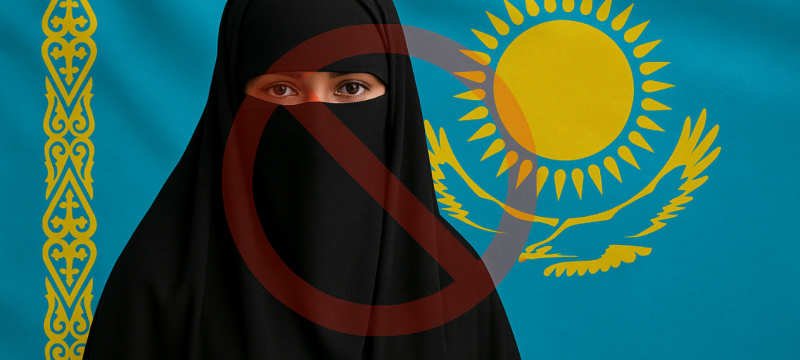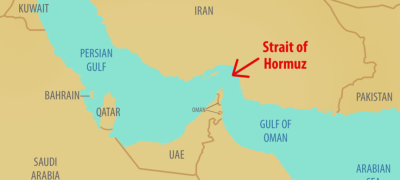Kazakh President Kassym-Jomart Tokayev has signed into law a ban on wearing clothing in public that conceals the face, joining a growing number of Central Asian nations restricting certain forms of Islamic dress. The new law, signed on Monday, cites “interference with facial recognition” as grounds for the ban, while providing exemptions for medical, weather-related, and cultural or sporting reasons.
While the legislation does not explicitly mention religion or Islamic attire, it has been widely interpreted as targeting face-concealing garments such as the niqab. Tokayev previously expressed support for the measure, framing it as a cultural initiative. “Rather than wearing face-concealing black robes, it’s much better to wear clothes in the national style,” he stated earlier this year, emphasizing the need to promote traditional Kazakh clothing to reinforce national identity.
Also Read: Kazakhstan to Join TAPI Pipeline, Eyes Deeper Ties with Pakistan
Kazakhstan, a Muslim-majority country and former Soviet republic, has in recent years navigated a delicate balance between religious freedom and secular governance. The face-covering ban is part of a broader series of legal amendments, seen by some as efforts to control religious expression and preserve a distinct post-Soviet cultural identity.
Similar laws have been adopted across Central Asia. Kyrgyz authorities have enforced a niqab ban with street patrols, while Uzbekistan imposes fines of over $250 for violations. In Tajikistan, President Emomali Rakhmon signed a law prohibiting attire “alien to national culture,” further underscoring a regional push against conservative Islamic dress.





